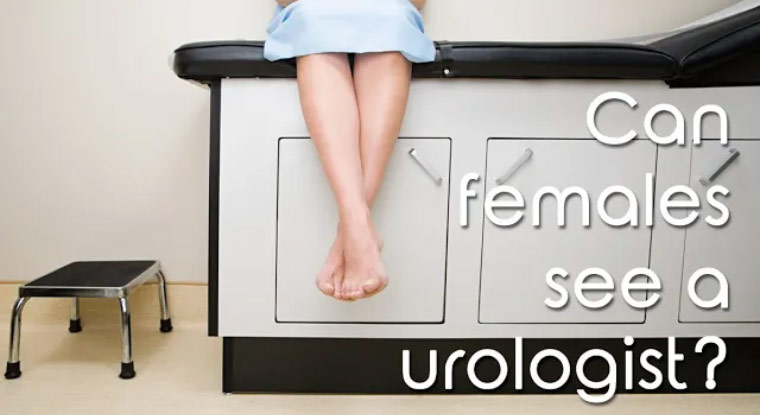Absolutely, women can and do see urologists for various urological issues that affect both men and women. While urology has historically been associated more with male-specific conditions like prostate problems and urinary tract issues, urologists are trained to diagnose, treat, and manage a wide range of urinary and reproductive system disorders in both sexes.
Common Reasons Women See a Urologist
1. Urinary Tract Infections (UTIs): UTIs are a common issue among women due to their shorter urethras, which make it easier for bacteria to reach the bladder. Urologists can diagnose recurrent UTIs and recommend appropriate treatments, including preventive strategies.
2. Incontinence: Both stress urinary incontinence (leakage with activities like sneezing or laughing) and urge incontinence (sudden, strong need to urinate) can affect women. Urologists can help determine the underlying causes and provide treatment options, such as pelvic floor exercises, medications, or surgical interventions.
3. Pelvic Organ Prolapse: This condition occurs when the pelvic organs (bladder, uterus, rectum) bulge into the vaginal wall due to weakened pelvic floor muscles. Urologists can evaluate the severity of prolapse and recommend appropriate treatments, which may include pelvic floor therapy or surgical repair.
4. Kidney Stones: Women are also susceptible to kidney stones, which can cause severe pain and complications if not treated promptly. Urologists can diagnose kidney stones, assess their size and location, and recommend appropriate management strategies, such as medications or procedures to break up or remove the stones.
5. Overactive Bladder (OAB): OAB is characterized by a sudden, urgent need to urinate and may include frequency and nocturia (waking up at night to urinate). Urologists can help manage OAB through lifestyle modifications, medications, or bladder training techniques.
Specialized Care
Urologists undergo extensive training in both medical and surgical management of urological conditions affecting women. They are equipped to perform procedures such as cystoscopy (examining the bladder with a scope), urodynamic testing (assessing bladder function), and various surgical interventions tailored to female anatomy.
Importance of Seeing a Urologist
Women experiencing symptoms related to their urinary or reproductive health should not hesitate to see a urologist. Early evaluation and treatment can help alleviate symptoms, improve quality of life, and prevent complications. Urologists work closely with other healthcare providers, such as gynecologists and primary care physicians, to ensure comprehensive and personalized care.
In conclusion, urology is a specialized field that addresses a wide range of urinary and reproductive system issues affecting both men and women. Women can benefit from seeing a urologist for conditions such as UTIs, incontinence, pelvic organ prolapse, kidney stones, and overactive bladder. Seeking timely medical attention from a urologist can lead to effective management of symptoms and improved overall health and well-being.






Comments